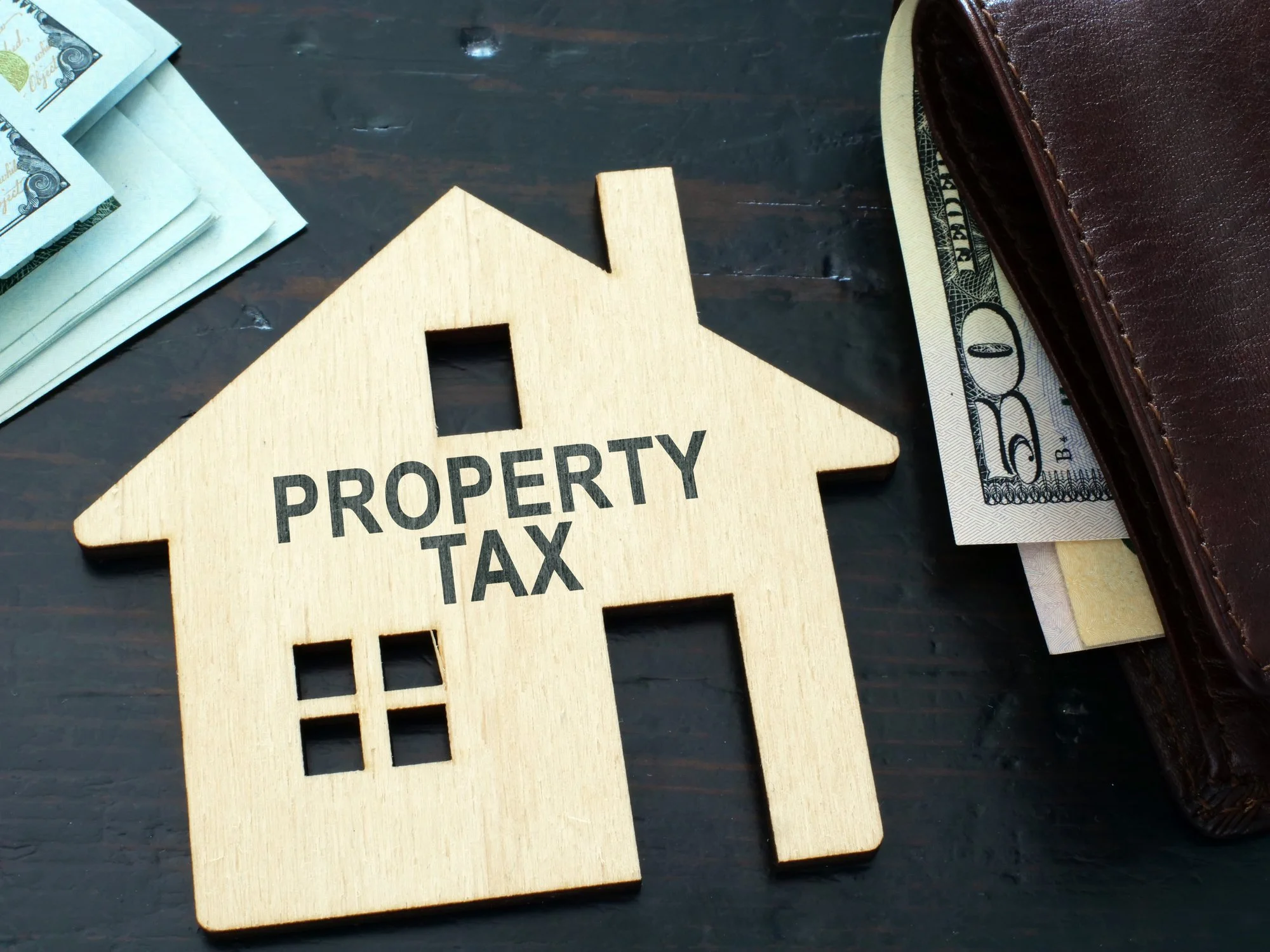Last month, Ohio Republican state Rep. David Thomas put forth a bill that would give the authority to lower property taxes for local governments to county commissioners.
This is just one of a series of recent proposals in Ohio to reduce property taxes, including a bipartisan bill to reduce property taxes for low-income homeowners, an Ohio House plan to reduce property taxes for school districts with budget reserves at the end of the year, and a constitutional amendment to end property taxation in the state.
There are reasons for this change. Cost of construction has tamped down supply of housing, causing housing prices to rise quickly over the past decade. This has led to assessments that have driven property taxes up quickly relative to incomes.
What happens if Ohio reduces its property tax revenue? In 2022, local governments in Ohio collected $19 billion in property taxes according to the Annual Survey of Local Government Finance. This accounted for 63% of total tax revenue collected by local governments.
So if Ohio, in the extreme case, ended property taxes, what options would it have?
A first option would be just to eat the loss. This would lead to a massive disinvestment of local governments. This means fewer police and firefighter services, large reductions in the number of schools, and rapid deterioration of roads and utility infrastructure. This would likely lead to a quick deterioration of quality of life in Ohio.
Another option would be to make these property taxes up with income taxes, local governments’ second-highest source of revenue. In 2022, local governments in Ohio raised $6.5 billion in income taxes. This means income tax rates would need to quadruple to make up the lost revenue from property taxes. Currently, these sorts of changes can happen by a vote of the public.
So this means a resident of the City of Columbus, currently paying a 2.5% local income tax, would see their local income tax rate jump to 10%.
This could have some benefits. Income taxes are generally more broad-based than property taxes, so this provides some more economic efficiency. They also are more progressive than property taxes, which can be especially burdensome to low-income renters who bear the burden of property taxes levied on their landlords.
That being said, 10% local income taxes would be a lot for many residents to stomach.
A final option would be a land value tax. This is a tax that applies not to property, but to the value of the land the property is built upon. This sort of tax is popular among economists because it is economically efficient because it does not discourage improvement of land.
It is also equitable because the burden of the tax falls on the landowner and since they cannot control the amount of land available the same way they can control the amount of homes available by building or choosing not to build on land they own.
The drawback of land value taxation? It would take significant change in Ohio’s current laws and possibly a constitutional amendment of its own.
The options for replacing property taxation are stark. As legislators and potentially the public make decisions that could erode property taxation in Ohio, they will need to think with clear heads about what the alternatives look like.
This commentary first appeared in the Ohio Capital Journal.


